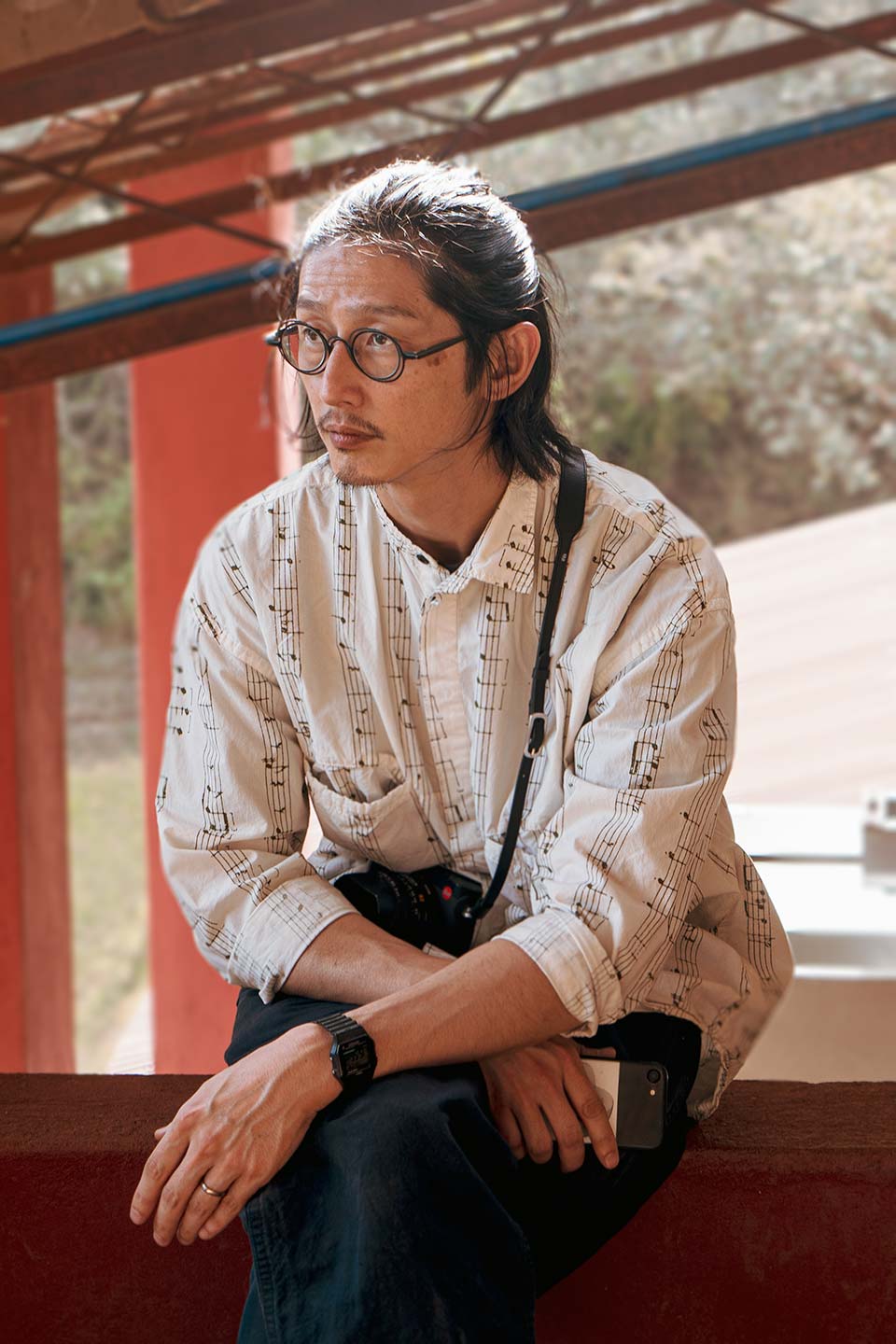
Valuing Human Connections in Business
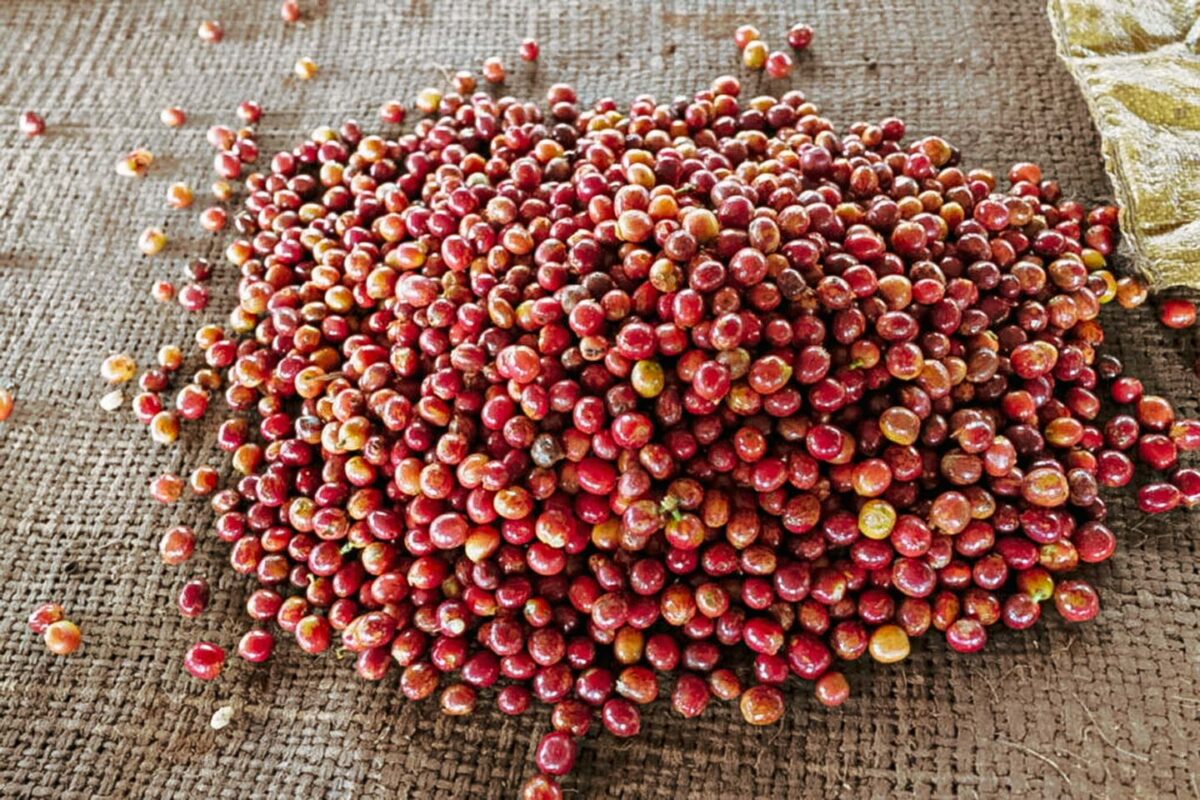
COFFEE COUNTY has three roastery cafes in Fukuoka, Kyushu. For owner Takaaki Mori, who opened his first cafe in 2013, the three months spent working on a coffee farm in Nicaragua before launching his business left a deep impression that continues to have a positive influence on his business philosophy.
As someone who prioritizes the human connection, making time to visit producing countries every other year, Takaaki’s 10 day trip and first visit to Tanzania and Kenya was an opportunity to reaffirm his philosophy.
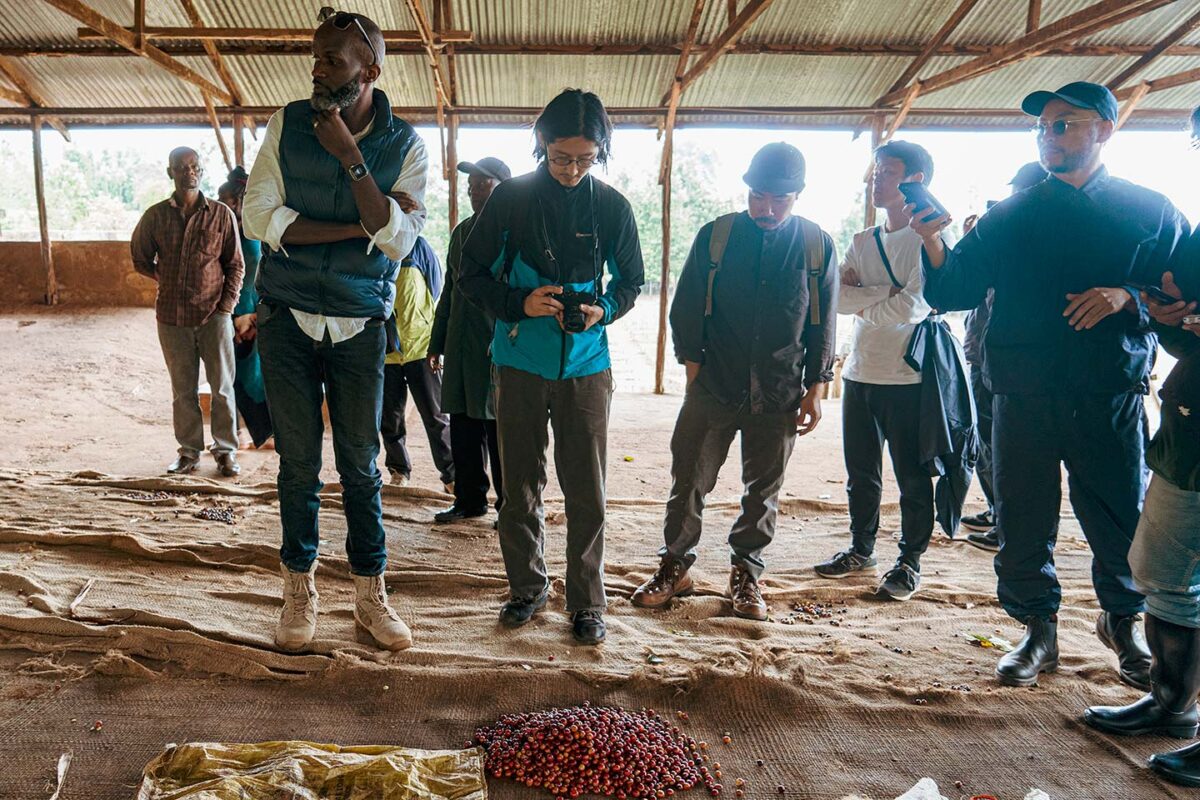
Visiting Nicaragua and finding a purpose
I’d been working in the coffee industry since university. Then one day I came to the realization that if I wanted to continue in the same job, I had to visit a producing country.
As a barista and as a roaster, I’m the point in the supply chain that connects the producer to the consumer. But I couldn’t confidently communicate the value of coffee when I hadn’t ever experienced how it was produced. There was a hypocrisy there that made me uncomfortable. Of course, the coffee was good, but I felt that I was only getting across half of what I should have been.
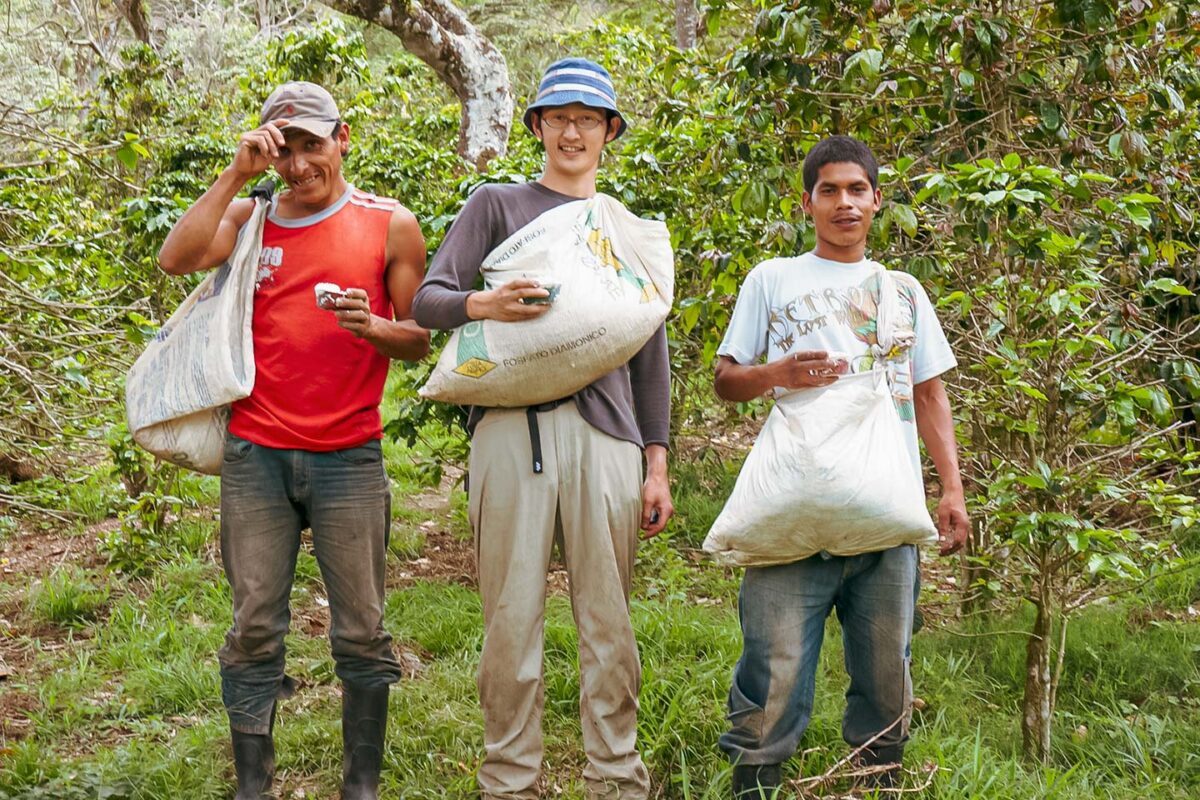
It was this dilemma that motivated me to take a trip to Central America. The three months spent working in Nicaragua helped me to find my purpose and solidify my philosophy.
I stayed and worked on a farm with about 20 other laborers, clearing weeds with a machete, fertilizing crops and other manual labor. But with no experience or language ability, and little knowledge of the culture, there wasn’t much for me to contribute.
The work and the living conditions were much tougher than I had imagined. Experiencing first-hand the harsh reality of life there made me think about what I could and should be doing to improve it. I couldn’t stay in Nicaragua, I had a family waiting for me in Japan, but I knew that I could make a difference if I made an effort to communicate this reality and the appeal of coffee. I’d found my purpose.

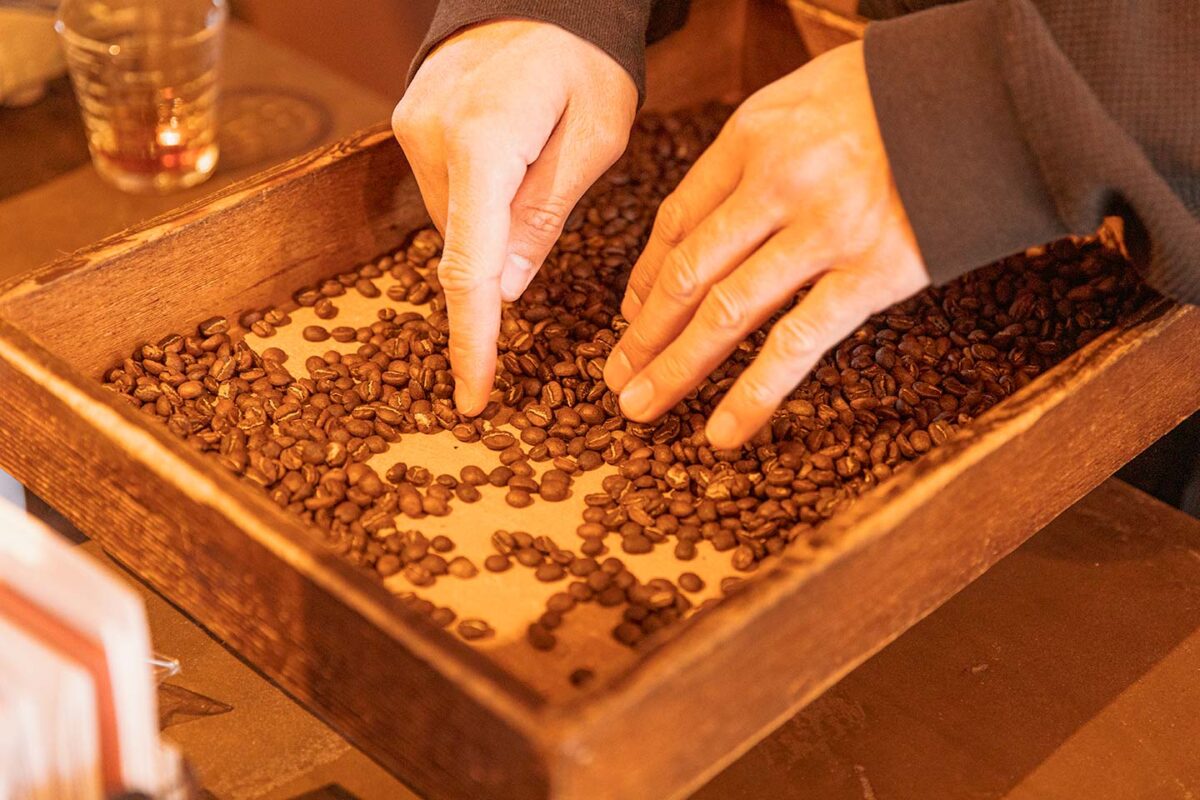
Buying coffee from people you know
When I got back to Japan, I launched COFFEE COUNTY , making the conscious and slightly stubborn decision to only stock two Nicaraguan coffees. I knew it would be easier for me to communicate the value if I only had beans from farms I’d actually been to, and the transparency would have more of an impact. I also wanted to keep the product pure, and to be as original in what I was doing as possible.
But some of it comes down to my own personality. I’m the kind of person who’d prefer to go to a restaurant that specializes in one particular dish than a place that has a wide and varied menu. And that’s why I chose to specialize with COFFEE COUNTY. It hasn’t been easy and there’s been a lot of issues to overcome. But I’ve always been an optimist. When bad things happen, I always have faith that things will turn out alright in the end.
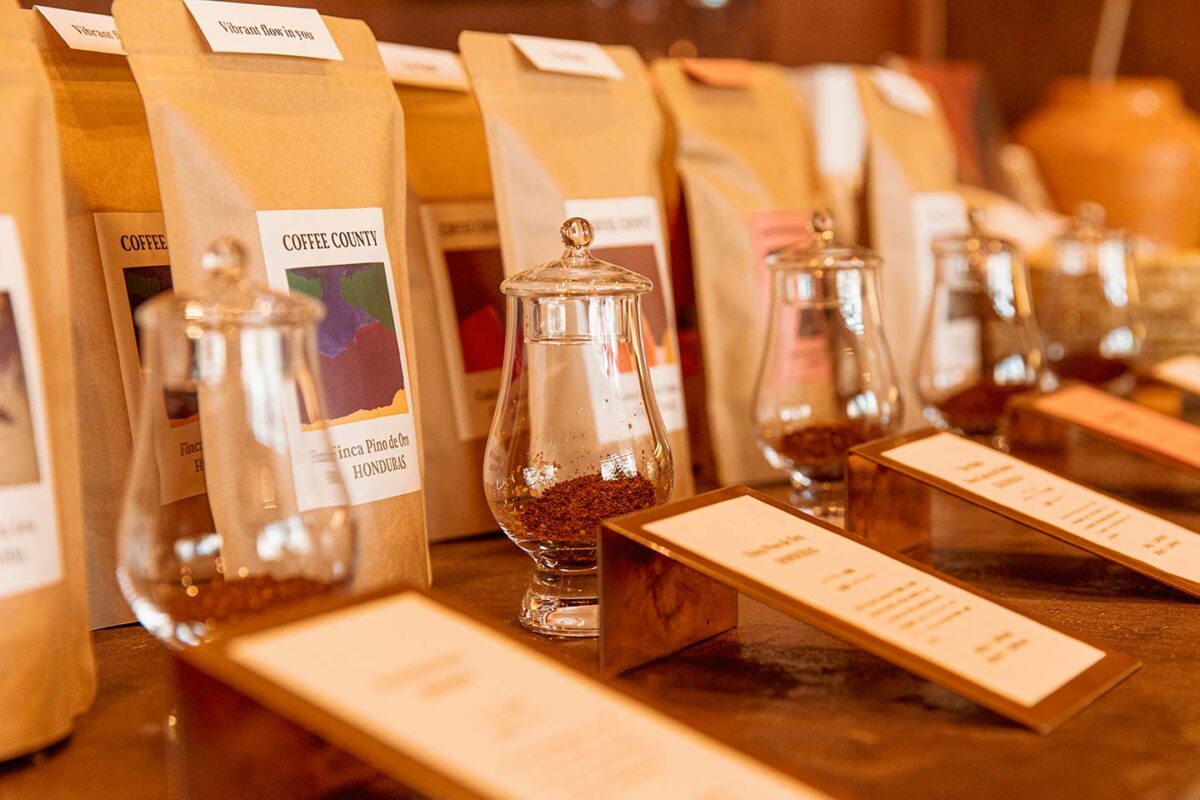
Ten years on, my business has grown to three shops, with the volume of greens significantly higher than before. But my philosophy hasn’t changed. I still visit the coffee farms – around four to five countries a year – and buy from producers and exporters who I’ve met in person. If I know them, I’ll happily buy directly from the producer or a trader, I’m not fussy.

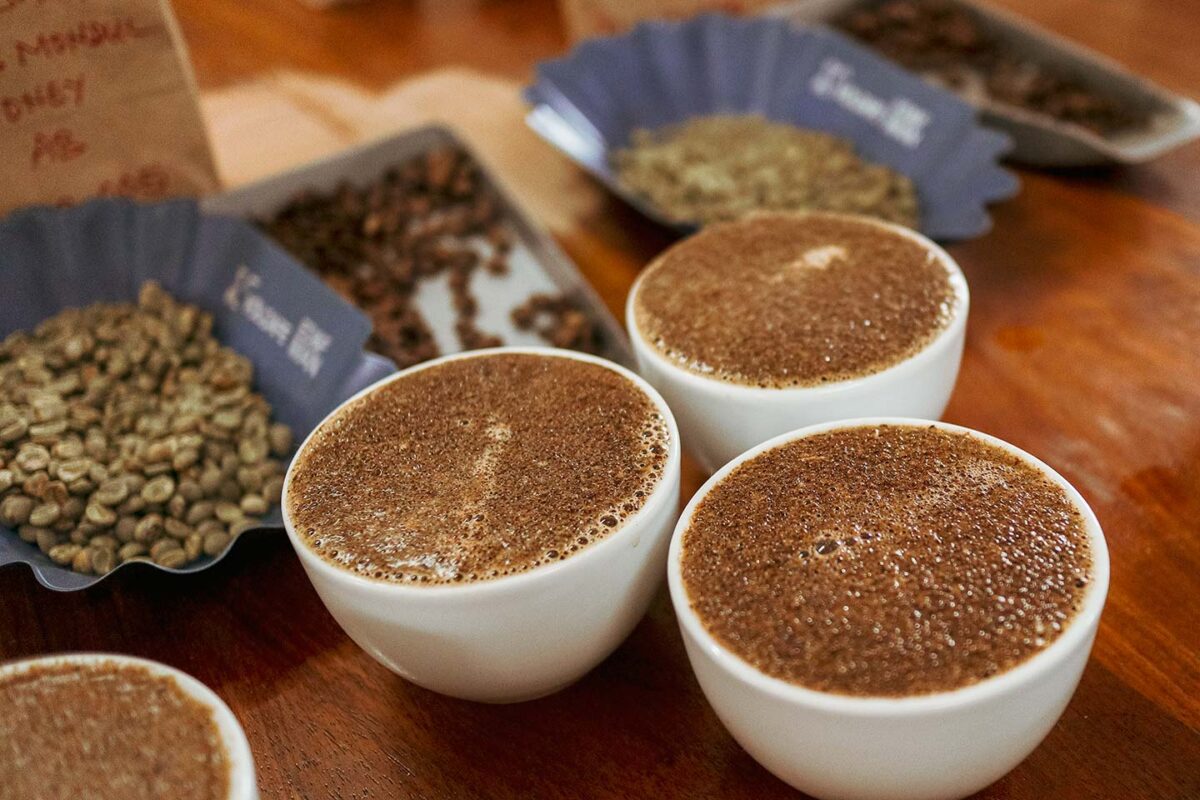
Being there for the good times and the bad
I now have a team of 15 employees and a lot of regular customers to keep happy. So when I buy beans I’m taking into consideration the producer, but also balancing quality, price, customer needs and other aspects. Whatever product I go with, it has to be sustainable. That’s always the priority for me.
Like anything, there are trends in specialty coffee which affect what is or isn’t popular.
But I don’t pay much attention to that. I don’t need to. If I’m consistent in what I provide my customers, then that’ll become popular with them, which will lead to a sustainable business with my producers.
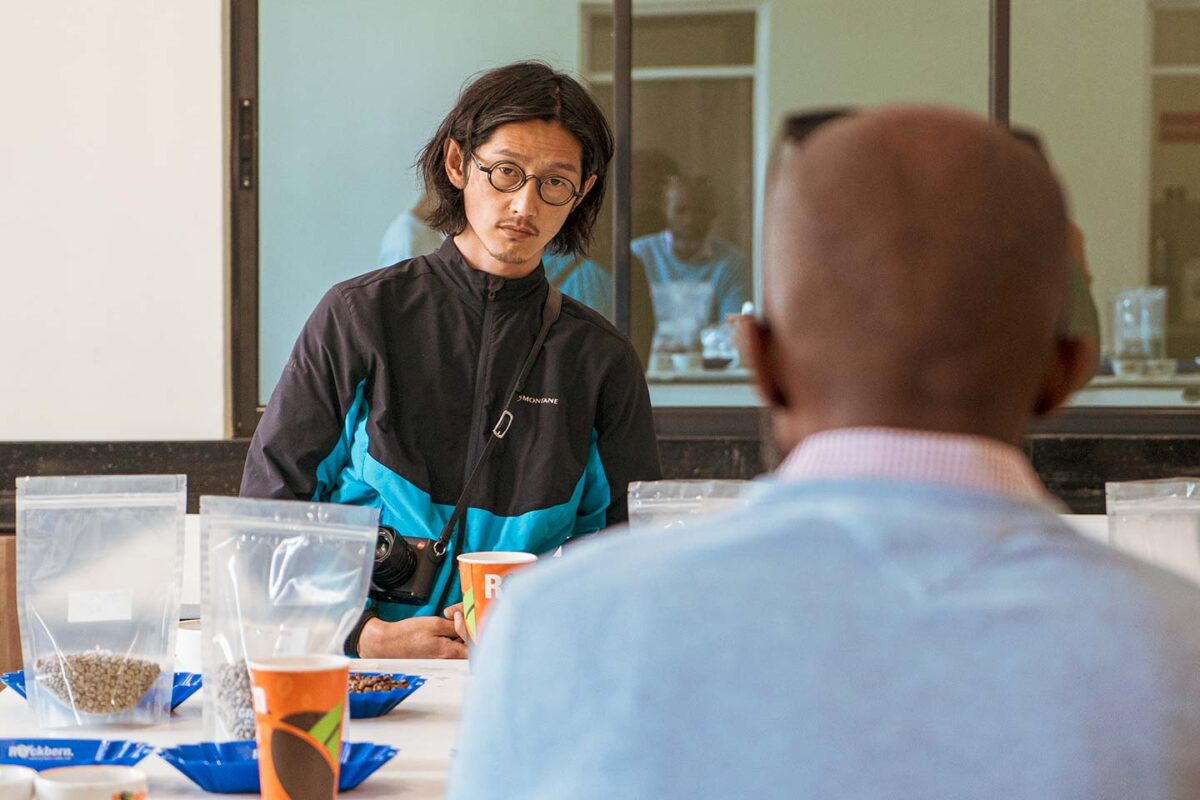
Fortunately, there are also producers who see the advantage in long-term over short-term partnerships. And it’s important to think of one another as partners. If the quality is the same, but the volume of production has decreased, then I’ll purchase it at a higher price. It’s all about helping each other out when we can.
There are some producers and exporters who are only interested in the money, or look down on small brands like me. And while we do need to make a profit, when it’s a choice between a producer who is selling to the highest bidder, and one who’ll sell to the person who made the first offer regardless, it’s the latter who is more likely going to lead to a sustainable business partner.
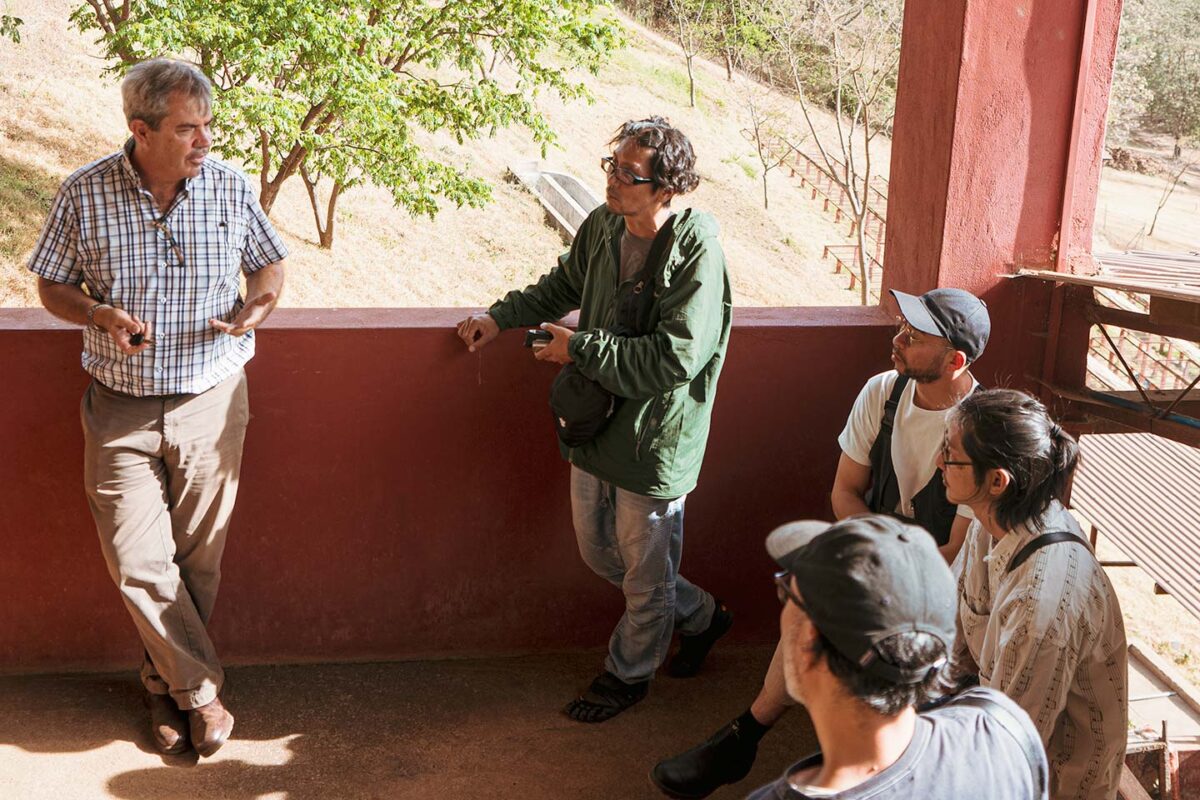
Going to Tanzania and Kenya this time reaffirmed my belief in the importance of choosing the person not the brand. I remember how in Tanzania, as Leon talked about his problems and concerns, I got a sense of his authenticity and kindness, and that was enough to convince me to buy from him.
If we want to grow our business, me and the producers, we need to find a balance between quality and volume, and create a business that can grow sustainably. That’s why this human connection is so important because these are the relationships that last longer.
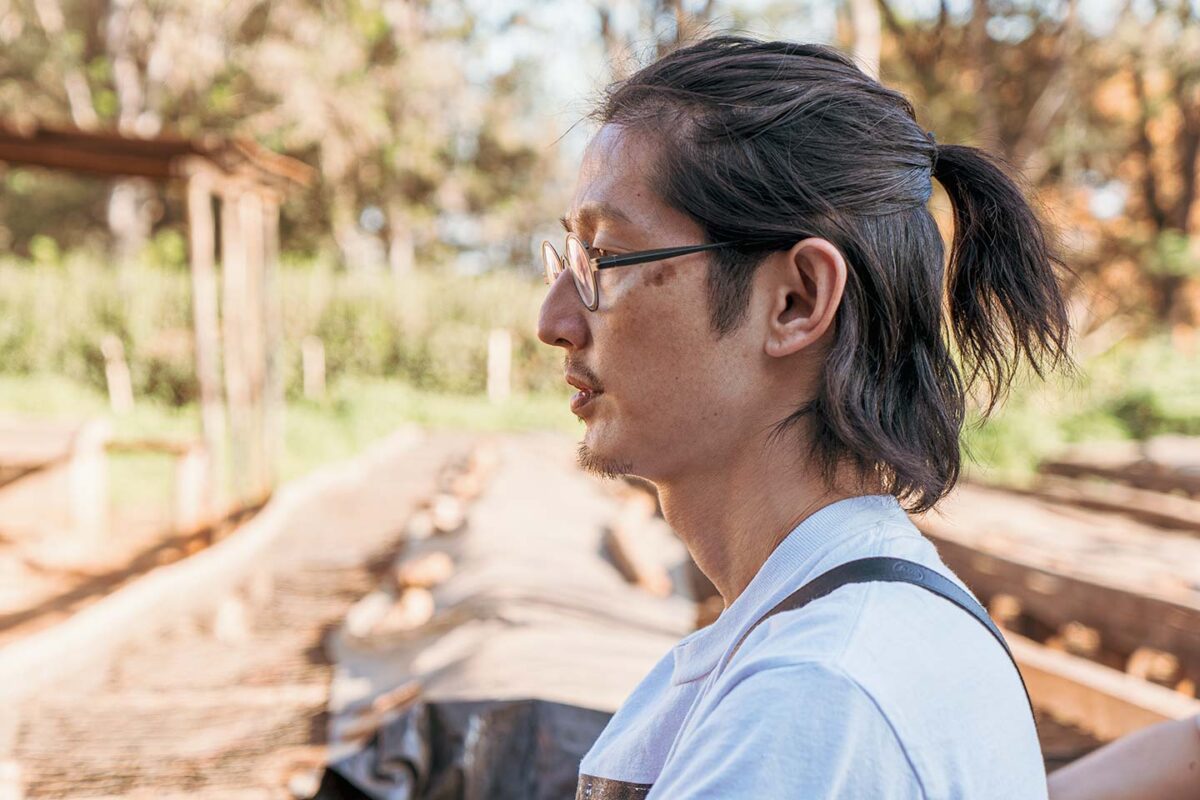
Growing a business for sustainable connections
I’ve always been interested in knowing where ingredients come from before they reach the table, what the soil type and environment was, or who and how it was grown. And I enjoy working out the secret behind a great flavor. So I was naturally drawn to this industry. It’s always felt like a hobby that I made into a career.
When it comes to coffee, I’ve always stayed conscious of and respected the seed to cup journey, and tried to convey that to the consumer. There have been times when I wondered if it really had any value. If I was actually making a difference or if I was just forcing my obsession and knowledge on someone else.
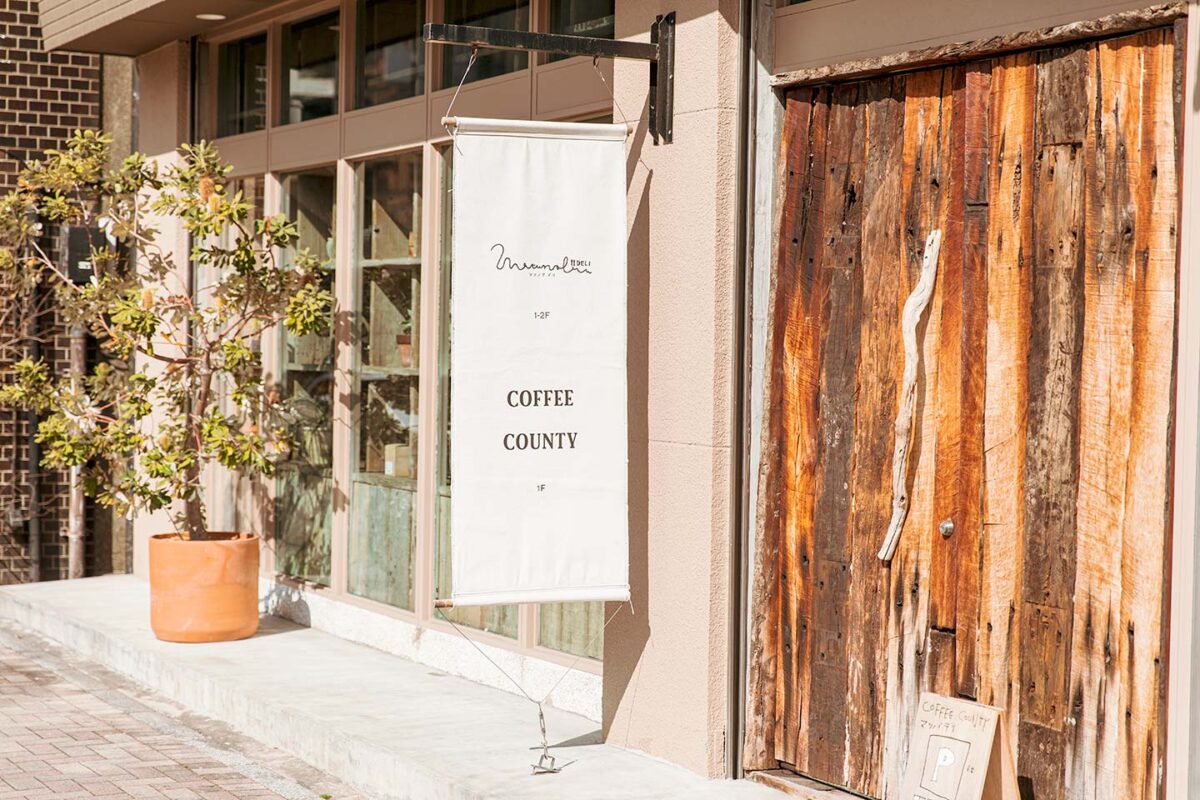
But then I remind myself that I’ve made a business out of this obsession. And if it wasn’t my job, I wouldn’t be doing it so it must have meaning. Of course, as a business develops, there’s going to be more tasks you have to do than want to do.
But when I think about the producers depending on us to buy the coffee, and the consumers depending on us to sell the coffee, then I know I can’t just end it all and close the shop on a whim.
When you have all these people behind you, turning back is not an option. And growing my business is the best way to protect and honor all the human connections it has helped me make.








